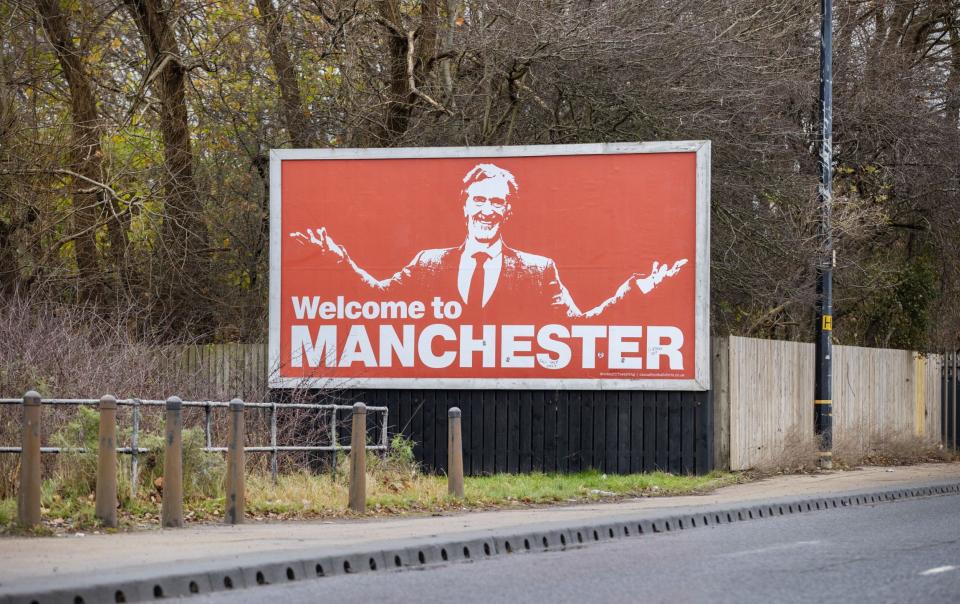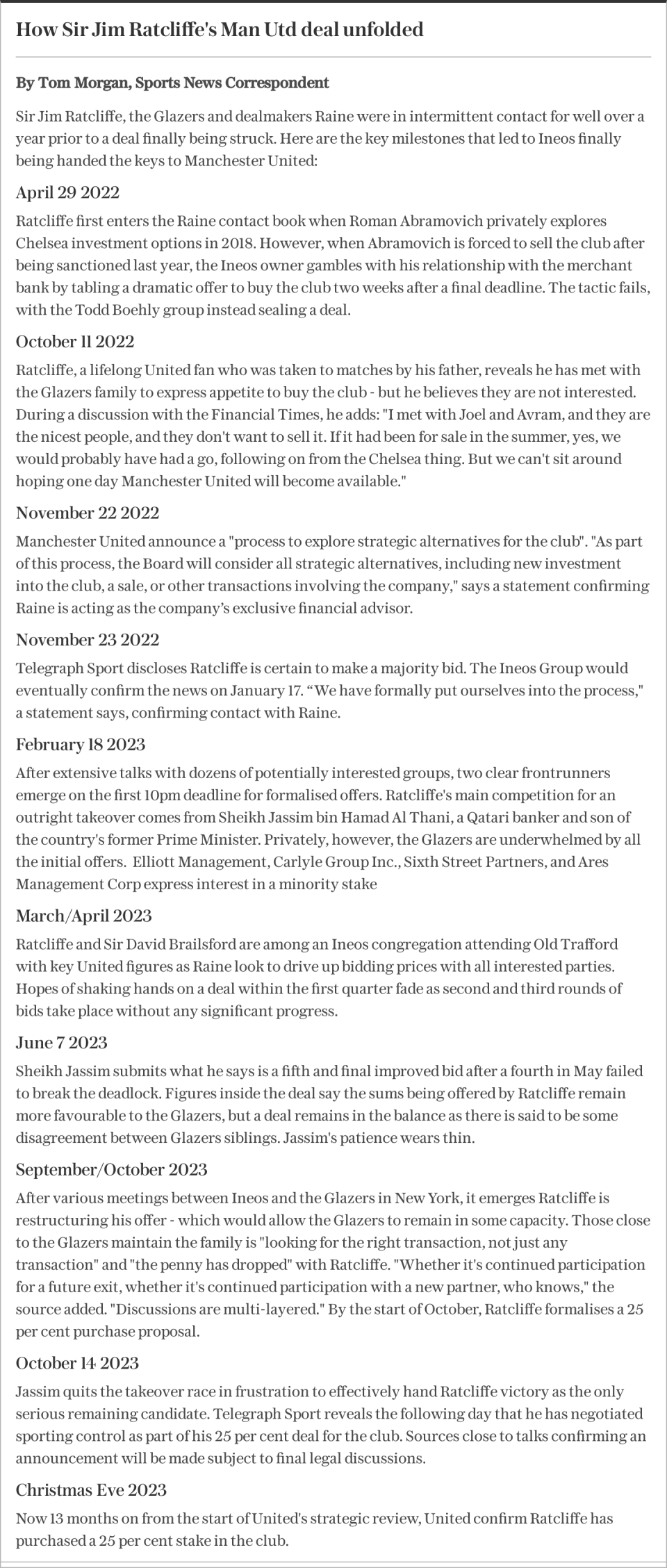This means clubs with wealthy owners receive inflated prices when they first enter the transfer market, and this was the case when Ineos entered the football world six years ago with the purchase of FC Lausanne in Switzerland.
By Ineos’ own admission, those early days made him look naive in the market. That season, Lausanne was relegated to the second division Swiss Challenge League and has since been promoted and relegated again. There were successes, such as the case of Dan Ndoye who left the Academy and currently plays in Bologna.
But some of those other early signings included Simone Rapp, who arrived from Thun for a fee and was loaned to St Gallen the following year. Enzo Zidane, son of the great Zinedine, arrived for free but has since been relegated in Spain. Francesco Margiotta, whose loan from Juventus was made permanent, recently joined Serie C side Sestri Levante after a spell in Australia.
There was also naivety in terms of fan relations, and there are still traces online of a petition when Lausanne supporters learned of a possible change to the club’s crest, incorporating the Ineos logo, albeit subtly.
Ineos’ task was to quickly understand the football market, and that is what it did, implementing a system in which it did not make “checkbook plays” in the words of Bob Ratcliffe, brother of Ineos owner Sir Jim Ratcliffe and once director of American football. His goals were no different from many other clubs in finding “appreciable assets.”


Bob Ratcliffe, when sitting down with Telegraph Sport in 2021, used a phrase more than once that would sum up Ineos’ style when it comes to its football operations. He wanted something to “wash his face.” In other words, he would pay for himself rather than relying on Sir Jim to pump in millions upon millions.
If you are a billionaire industrialist like Sir Jim Ratcliffe, worth £29.688 billion according to the Sunday Times Rich List, people may expect you to spend money on football luxuries. But Ineos’ strategy was different. He has bought OGC Nice and is yet to break the £30m barrier for a player.
Finding value in the market through large transfers
As Ineos enters the Premier League with a 25 per cent stake in Manchester United, as well as control of football operations, history would suggest that getting it right will be more a matter of value than big transfer splurges.
What Nice tried to do was find value in the market when Ineos initially took over. While Paris Saint-Germain were paying Lionel Messi more than a million pounds a week in wages, Nice were trying to find players whose value would increase. Amine Gouiri signed for £6m from Lyon and after two years moved to Rennes for €28m.
Melvin Bard, left back, is another who was taken from Lyon for little money and has been a regular in the current Nice, second in Ligue 1 behind PSG. At 23 years old, Bard’s value is only increasing. But not everything has gone according to plan. Kasper Dolberg cost Ajax £18.4m and was then sold to Anderlecht at a loss in the summer after two loans outside France.
And the direction in which transfer policy was heading has been uncertain since Sir Dave Brailsford’s audit of the club. Bob Ratcliffe left his role, while transfer boss Julien Fournier resigned in the summer of 2022. Since then, they have appeared in disarray on the market, recruiting Aaron Ramsey (contract terminated within a year), Ross Barkley (now at Luton ) and Kasper Schmeichel (contract terminated in September).
Nicolas Pepe was loaned out from Arsenal, but when he returned to London, Arsenal waived his £72 million fee and allowed him to join Trabzonspor.
Under Ratcliffe, they have performed worse than under the previous owners. So far there have been fifth places and mid-table finishes, with the hope that this year they can rise to the challenge and keep pace with PSG.
It’s a crowded brand for clubs trading players. Brighton have been admired by some who have worked at Ineos, and they like Graham Potter, who was at the Amex Stadium. Nice have lost ground over the last year, but they were certainly aiming to be part of that race rather than spending like Chelsea did in the post-Roman Abramovich era.
Ineos has discovered that France is also a crowded market. PSG has the budget. Lille competes historically, Marseille is an iconic club. Monaco has favorable taxes, which is important for paying players. And there is Rennes, who bought Gouiri and have sold Jeremy Doku and Raphinha in recent seasons.


Interestingly, an advantage for Ineos has been its investment in multiple sports. When Chris Froome was with Team Ineos, the Tour de France winner was part of his rehabilitation at the Nice facilities, rubbing shoulders with his footballers. They have a level of detail appropriate to elite sport. When they bought Nice, one of the key signings was Scott Brooks as field manager after previous spells at Arsenal, Tottenham and St George’s Park.
His first job was to use the right grass on the training pitches and reduce injuries, with the climate in the south of France being one of the most difficult.
At Nice, Sir Jim was known to receive a report from Galtier after every game while he was at the club, and then every two months an executive committee meeting where the figures were analysed.
“If you look at the way my brother Andy [Currie] and Juan [Reece] manage the business, the assets acquired were undervalued and they improved them operationally,” said Bob Ratcliffe when speaking with sport telegraph in 2021. “Then you put the pieces together and it becomes a successful company. It works very efficiently as a business.”
He looked at the Portuguese clubs, which know how to “wash their face”, but then Manchester United entered the market. A test of Ineos’ principles, with all eyes focused on whether they can turn around the faltering club.